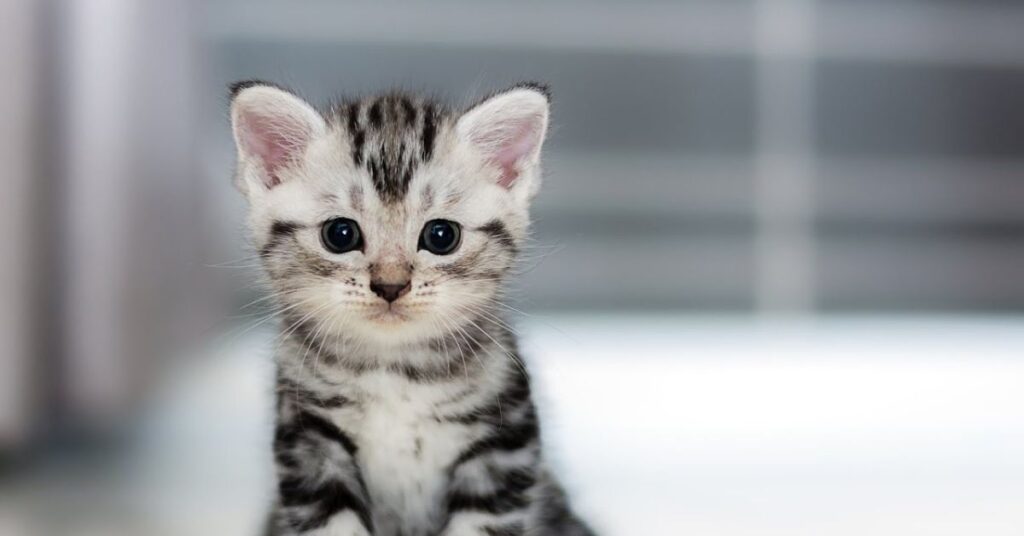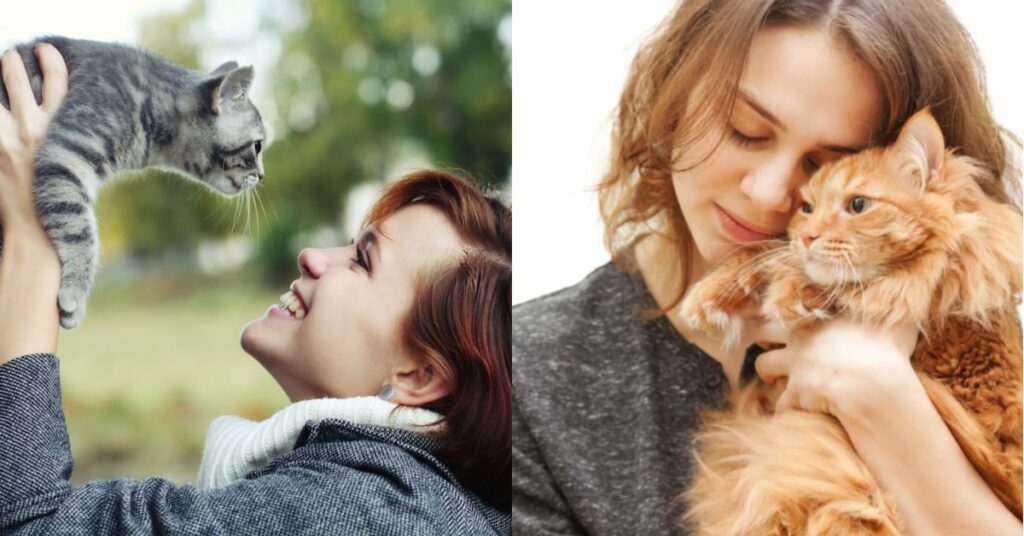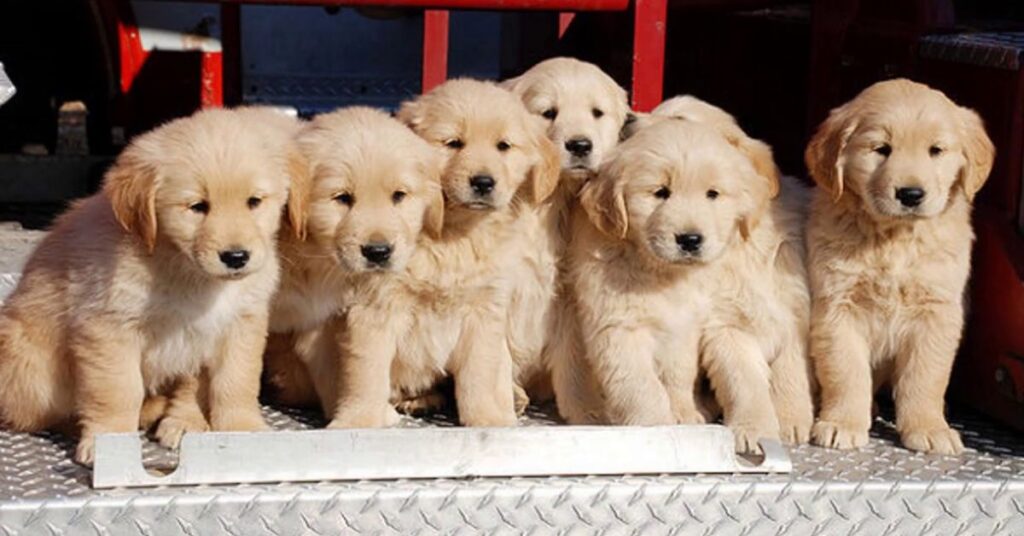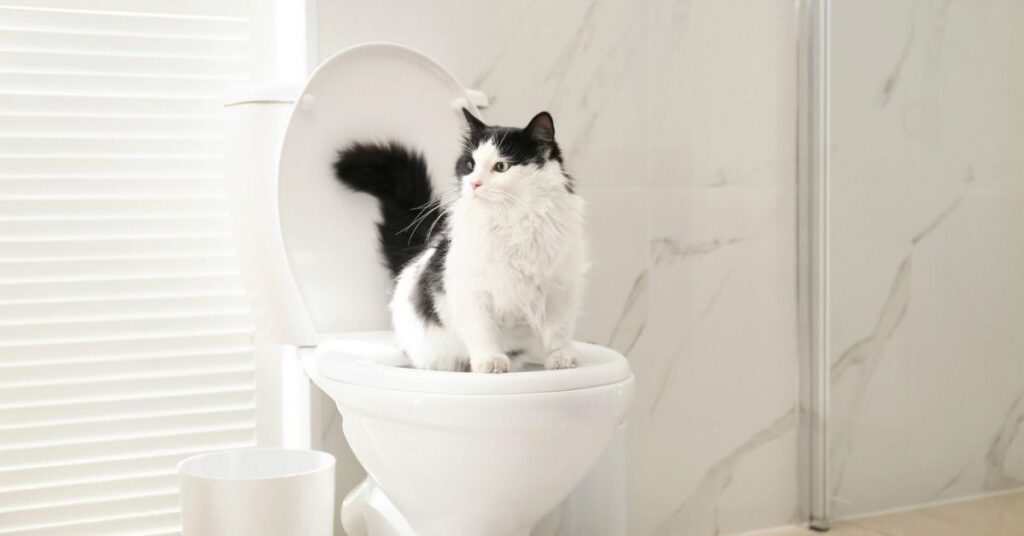Cats may pee outside the litter box due to various reasons. It could be a medical issue or behavioral problem. Understanding why can help solve the issue. Observing your cat’s behavior and consulting a vet are important steps.
Curious about your cat’s bathroom behavior Discover why your feline friend might be peeing outside the litter box. From health concerns to environmental stressors, various factors could be at play. Uncover the secrets behind this common cat conundrum and find solutions for a happier, cleaner home.
Cats may pee outside the litter box due to stress. Changes in environment or routine can upset them. Health issues like urinary tract infections may cause discomfort. Ensure a clean litter box and consult a vet if the behavior persists.
Pets Available for Adoption Nearby
Looking for a new furry friend? Check out pets available for adoption nearby! Many shelters and rescue organizations have cats, dogs, and other animals in need of loving homes. You can find them online or visit the shelter in person.

Adopting a pet is a wonderful way to add joy to your life while giving an animal a second chance. Each pet has a unique personality and story, so take your time to find the perfect match for your family. Remember adoption not only saves lives but also creates a special bond that lasts a lifetime.
Before bringing your new pet home, make sure you’re prepared to provide love, care, and attention. Consider the pet’s needs and lifestyle compatibility with yours. By adopting, you’re not just gaining a pet you’re gaining a loyal companion and making a difference in their life.
25 more pets available on Petfinder: Meet them
- Petfinder showcases 25 additional pets waiting for adoption.
- Various animals, including cats, dogs, rabbits, and more, are featured.
- Each pet has a unique profile with photos and descriptions.
- Different breeds, sizes, and ages are represented among the pets.
- Some pets may have special needs or require specific care.
- Adoption fees and requirements vary for each pet.
- Pets come from shelters, rescue organizations, and foster homes.
- Many of these pets have been rescued from unfortunate situations.
- Adoption through Petfinder helps give these pets a second chance at happiness.
- Potential adopters can filter their search based on location and preferences.
- It’s easy to browse through the available pets and find matches.
- Pet profiles often include information about the pet’s temperament and behavior.
- Adoption counselors or foster families may provide additional insights about the pet.
- Adopters can contact the organization directly through Petfinder to inquire about a pet.
- Some pets may have medical histories or behavioral challenges disclosed.
- Adoption events or meet-and-greets may be arranged for interested parties.
- Adopters are encouraged to consider their lifestyle and home environment before choosing a pet.
- Many pets are already spayed or neutered and up-to-date on vaccinations.
- Adopting through Petfinder supports the mission of rescuing and rehoming animals.
- Every adoption through Petfinder is a heartwarming success story.
Related Post: What Is The Lifespan Of A Feral Cat?
Adopt or Get Involved
Adopting a dog brings joy and companionship into your life. Many dogs in shelters are waiting for loving homes. You can make a difference by giving them a second chance. Consider adoption to provide a forever home to a deserving furry friend.

If you can’t adopt, getting involved in dog rescue organizations is rewarding. You can volunteer at shelters or foster dogs in need. Helping these organizations saves lives and gives dogs the care they deserve. Even small actions make a big impact on their well-being.
Whether you adopt or get involved, you’re making a positive difference in a dog’s life. Your support ensures that more dogs find happiness and love. Join the effort to create a brighter future for dogs everywhere.
About Dogs & Puppies
Dogs are loyal companions and popular pets worldwide. They come in various breeds, sizes, and personalities, each with unique characteristics. Puppies are young dogs full of energy and curiosity. They require proper care, training, and socialization to become well-behaved adults.

Taking care of a dog involves providing food, water, exercise, and regular veterinary care. Dogs also need love, attention, and mental stimulation to thrive. Puppies need socialization with people and other animals to learn proper behavior. Training techniques like positive reinforcement help shape their manners and obedience.
Dogs offer companionship, protection, and emotional support to their owners. They can be trained for various roles, including service, therapy, and assistance work. Puppies bring joy and laughter to households with their playful antics. Responsible pet ownership includes spaying/neutering, vaccinations, and proper identification.
Understanding a dog’s behavior and needs fosters a strong bond between humans and canines. Building a trusting relationship requires patience, consistency, and understanding. Dogs teach valuable lessons about empathy, responsibility, and unconditional love. Embracing the joys and challenges of dog ownership enriches the lives of both humans and their furry friends.
About Cats & Kittens
Cats are popular pets known for their independence and affection. They come in various breeds, sizes, and colors, each with its own unique personality. Kittens are baby cats that are playful and curious, often exploring their surroundings with boundless energy.

Cats are clean animals that groom themselves regularly using their rough tongues. They communicate through body language, meows, and purrs. Providing them with toys and scratching posts helps satisfy their natural instincts and keeps them mentally and physically stimulated.
When adopting a cat or kitten, it’s important to provide proper care, including regular veterinary check-ups, vaccinations, and a balanced diet. Cats thrive in loving homes where they feel safe and secure, forming strong bonds with their human companions.
Frequently Asked Questions
Why is my cat peeing outside the litter box?
Cats may pee outside the litter box due to stress, health issues, or dissatisfaction with the litter box cleanliness.
Could stress be causing my cat to avoid the litter box?
Changes in environment, routine, or household dynamics can stress cats, leading to litter box avoidance.
What health problems could cause my cat to urinate outside the litter box?
Health issues like urinary tract infections, bladder stones, or kidney problems may cause discomfort, prompting cats to avoid the litter box.
How can I determine if my cat’s litter box is the issue?
Ensure the litter box is clean, accessible, and placed in a quiet, low-traffic area. Try different types of litter and litter box styles to see if your cat prefers a specific setup.
Should I take my cat to the vet if they’re peeing outside the litter box?
It’s essential to consult a vet to rule out any underlying health problems contributing to the behavior.
Can behavioral issues cause cats to pee outside the litter box?
Anxiety territorial marking, or dissatisfaction with the litter box location or type can lead to inappropriate urination.
How can I discourage my cat from peeing outside the litter box?
Provide multiple clean litter boxes in different locations, use enzyme-based cleaners to remove urine odors, and address any underlying stressors or health issues.
Is it normal for older cats to start peeing outside the litter box?
Older cats may develop medical conditions like arthritis or cognitive dysfunction, making it difficult for them to access the litter box easily. Regular veterinary check-ups can help manage these issues.
Conclusion
Understanding why a cat may pee outside the litter box is crucial for addressing the behavior effectively. While it can be frustrating for cat owners, it’s essential to approach the issue with patience and a willingness to investigate potential causes.
Stress, health problems, and dissatisfaction with the litter box setup are common factors contributing to this behavior. By maintaining a clean litter box, providing multiple boxes in different locations, and seeking veterinary advice when necessary, cat owners can help their feline companions overcome litter box issues.







